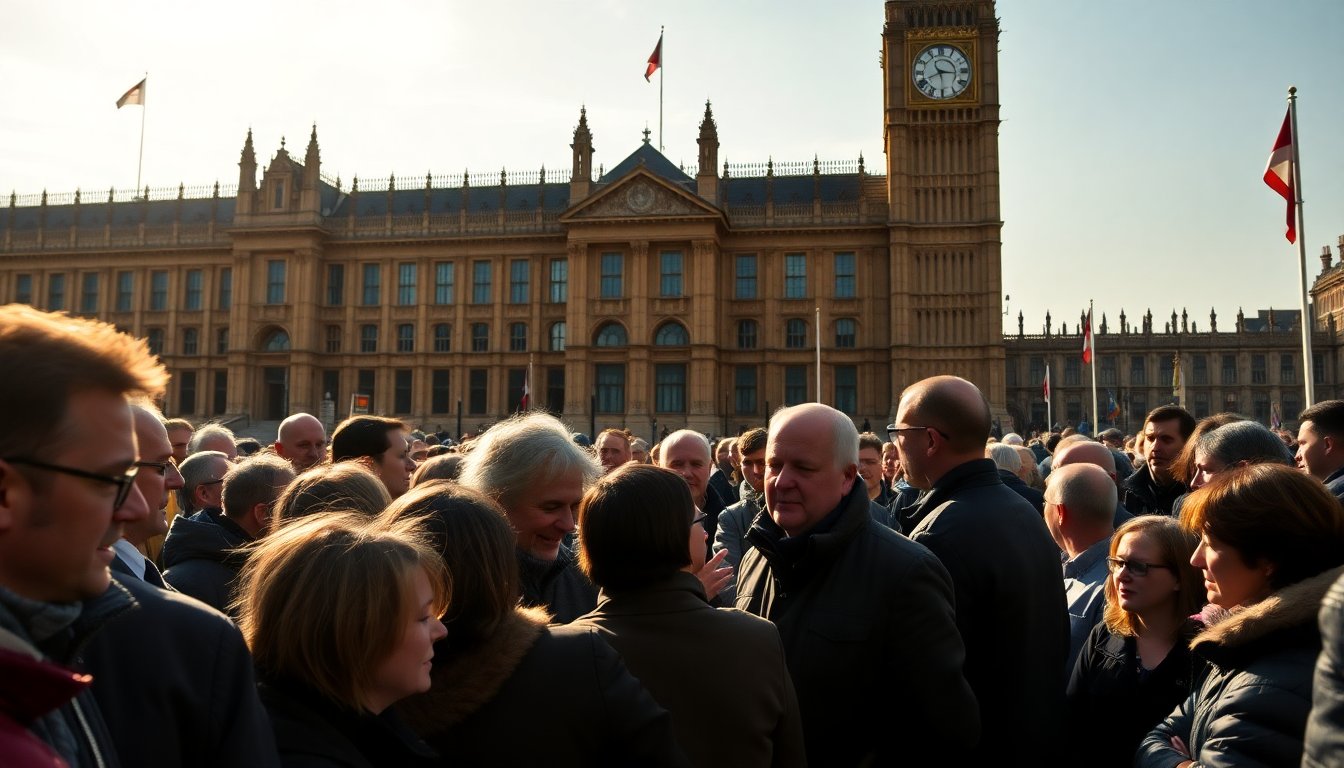Table of Contents
As Mark Carney’s government prepares to re-enter the House of Commons for the first time since June, it does so with a public approval rating not seen in nearly a decade. Recent polling data shows that the government’s approval has risen to 58%, marking a significant 10-point increase since the summer. This surge positions Carney’s administration favorably as it confronts mounting challenges, particularly regarding economic issues that could influence public opinion.
Current Approval Ratings and Voter Sentiment
The latest figures from Ipsos indicate that Carney’s government enjoys the highest approval among younger Canadians aged 18-34, with 63% expressing their support. Moreover, 59% of those aged 55 and older approve of the government’s performance. This achievement is significant, especially considering that Ipsos has not recorded such high approval ratings since the early days of Justin Trudeau’s administration. Nonetheless, despite this positive reception, the Carney government faces vulnerabilities.
Key issues such as affordability, the rising cost of living, and economic stability remain pressing concerns for the public. Ipsos polling reveals that over one-third of respondents graded the government with an ‘F’ for its handling of the cost of living, while nearly one in three rated its response to the housing affordability crisis as failing. This discontent may provide an opportunity for opposition parties, including the Conservatives and the NDP, to challenge Carney’s government more effectively.
Political Landscape and Emerging Issues
The narrative surrounding the government has shifted from trade relations with the United States—previously a focal point of Carney’s victory—to a pressing emphasis on domestic economic issues. As the political landscape evolves, voters increasingly prioritize their financial security, job stability, and the rising costs of daily living.
According to Ipsos, despite the government’s relatively high approval rating, many Canadians lack confidence in its ability to address these critical issues effectively. When asked about their personal circumstances and job security, the overwhelming response has been negative. This disconnect between approval ratings and public sentiment suggests that while the government may be viewed positively, it has not yet translated that approval into tangible benefits for the electorate.
Future Outlook and Political Implications
The upcoming parliamentary sessions will be crucial for Carney’s government as it seeks to tackle pressing economic issues while maintaining its approval ratings. Ipsos’ findings indicate that voter preferences have remained stable, with the Liberals at 43% and the Conservatives at 39%. However, as new political challenges arise, the government must navigate these developments carefully to sustain its support.
In Quebec, the Liberals hold a lead, garnering 41% of support, followed by the Bloc Québécois at 32%. Yet, with a strong opposition ready to capitalize on any missteps, Carney’s administration must focus on delivering concrete results that resonate with voters. The current political climate highlights the importance of addressing public concerns regarding affordability and economic stability to avoid potential voter disenchantment as the next election approaches.


